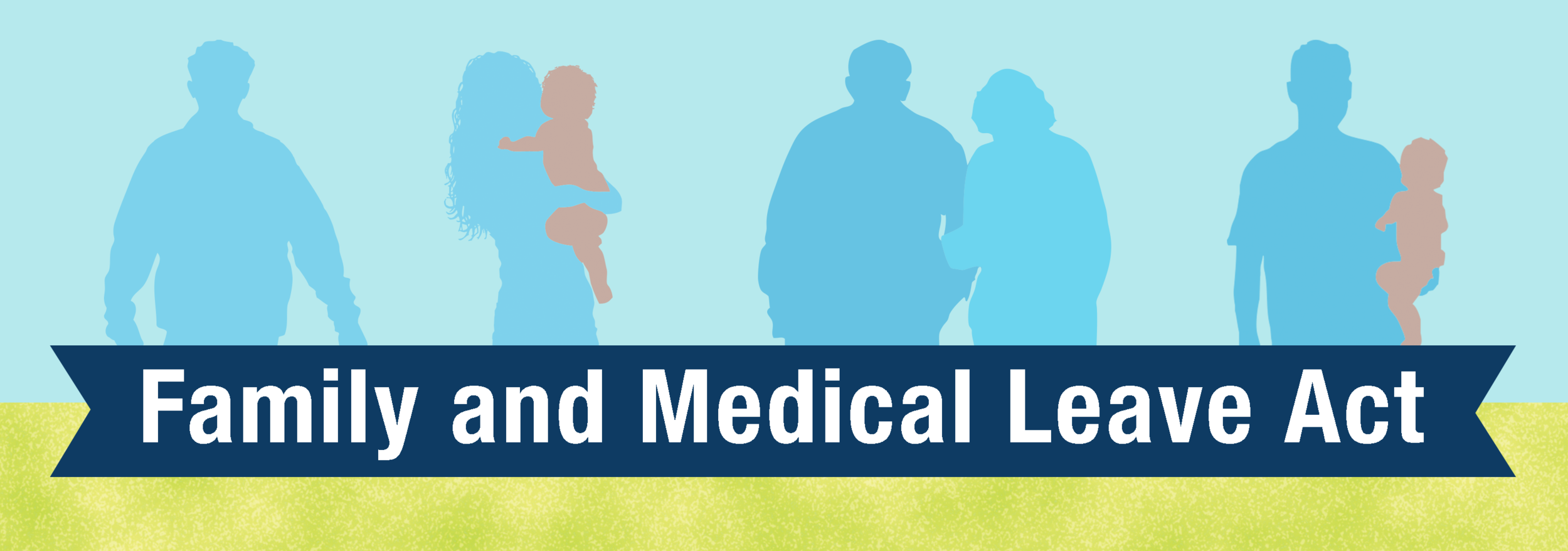San Antonio FMLA Attorney
When a family faces a crisis, it’s all hands on deck. When you have to be present for a family member, you shouldn’t have to choose between your loved one and your job. Nor should you lose your job while you’re battling a serious illness.
"You have been loyal to your company for years and it isn't too much to ask that it stand by you when you need a short time off to care for your yourself or the serious health condition of a close family member."
Unfortunately, not all employers give employees the respect they deserve. Some employers resent employees who need time off and attempt to exercise their rights under the FMLA. These employers may attempt to retaliate against employees for taking leave, even though they are covered by the provisions of the law.
What Does the FMLA Provide?
The FMLA provides covered employees with up to 12 weeks of unpaid, job-protected leave per year. In passing the FMLA in 1993, the U.S. Congress expressed a public policy preference to help employees balance their work and family responsibilities by allowing them to take reasonable unpaid leave for certain family and medical reasons. Despite this federal law favoring family and medical leave from work, some employers continue to penalize employees for prioritizing family over work.
An employer is required to maintain the employee's benefits, such as group health benefits, during the leave. Leave under the FMLA is typically unpaid (unless the employer voluntarily agrees to paid leave), although employees are allowed to--or may be required to--first use up any paid sick days and/or personal days provided by the employer's policy.
The FMLA applies to public agencies, public and private elementary and secondary schools, and companies with at least 50 employees. Eligible employees are entitled to up to 12 weeks of unpaid leave each year for any of the following reasons:
birth and care of the newborn child of an employee (including doctor visits and pregnancy complications prior to the birth);
placement with the employee of a child for adoption or foster care;
caring for an immediate family member (spouse, child, or parent) with a serious health condition; or
medical leave when the employee is unable to work because of a serious health condition; or
qualifying exigencies where the employee's spouse, son, daughter, or parent is on active duty or call to active status as a member of the National Guard or Reserves in support of a contingency operation.
Because the law only covers employees who work for large companies –ones that have at least 50 employees at their work site or within a 75 mile radius of where they work – it excludes from protection the many employees who work for smaller companies. In addition, because the law covers only employees who work full-time (or nearly full-time), it does not cover the millions more American workers who are forced to cobble together a living by working multiple part-time jobs. An employee is eligible for FMLA leave if he or she has worked for the employer at least 12 months, at least 1250 hours over the past 12 months.
Case Evaluation
You’ve taken the first step to protecting yourself and your family. We hope you find the resources on this website useful to learn more about your rights under the law. That’s the first step.
Then, when you’re ready to take the next step…








